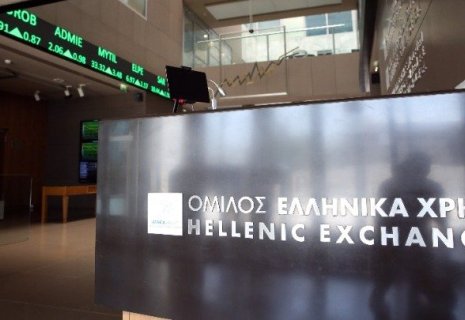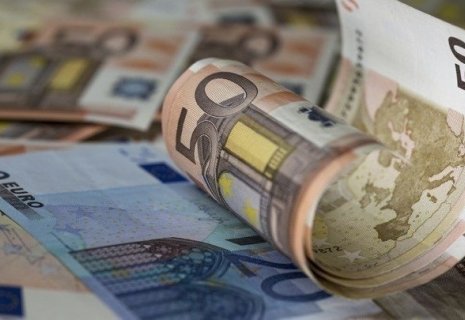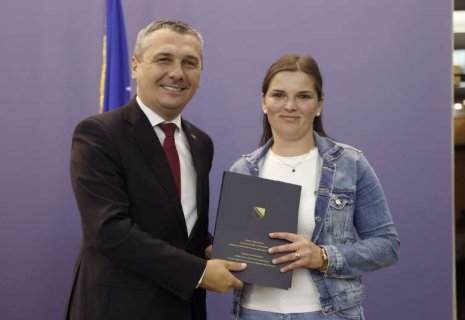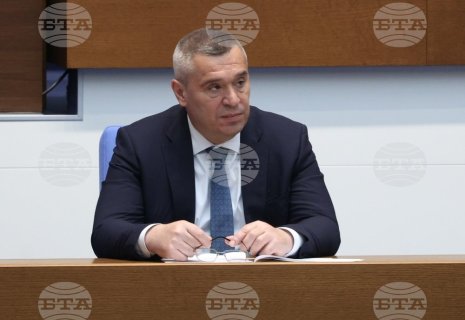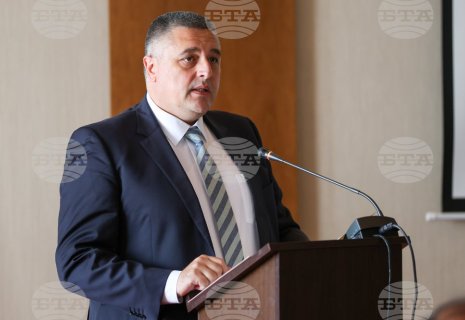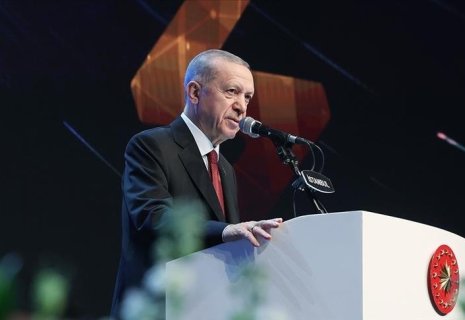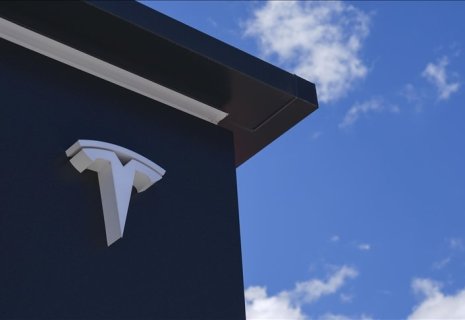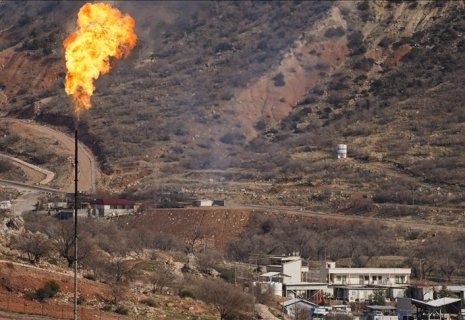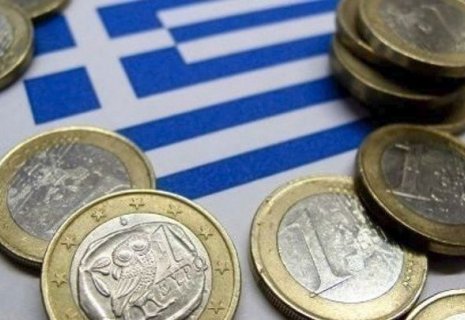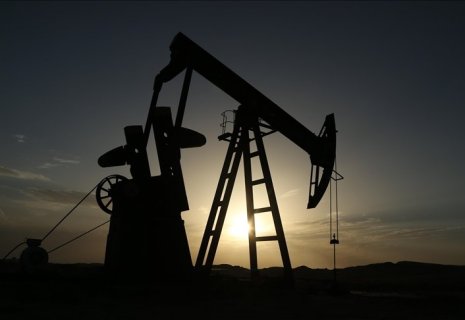
Bulgaria's Economy Shows Resilience Amid Political Concerns
Despite ongoing political concerns over an alleged crisis, recent economic data paints a more stable and even moderately optimistic picture for Bulgaria. According to an analysis by the Institute for Market Economics (IME), the new government has an opportunity to address structural issues, provided it takes decisive action, CE Report quotes BTA
January 2025 inflation stood at 2% compared to December 2024 and 3.7% year-on-year, higher than previous months but far from the dire warnings circulating recently. The increase is largely due to one-off factors, such as the removal of 0% VAT on bread, adjustments in electricity prices, and rising international oil and gas costs. While inflation is no longer decreasing, it is expected to stabilize around the current level.
Bulgaria's labor market remains strong, with unemployment dropping to 3.8% in Q4 2024 and employment in the 20-64 age group rising to 76.8%. The number of employed individuals grew by 25,700 compared to December 2023, with notable increases in hospitality, construction, and IT. Wage growth slowed slightly but remained robust, with a 13.7% year-on-year increase in Q4 2024, and salaries in IT and telecommunications continuing to outpace other sectors.
Concerns persist over industrial production and exports, which declined amid stagnation in Bulgaria's key trade partners. However, GDP growth remained solid at 3.1% year-on-year in Q4 2024, outpacing the EU average of 1.1% and the eurozone's 0.9%. Consumption remains the main driver of growth, while investments lag behind.
With the right policies, Bulgaria has significant potential for economic expansion in 2025. IME suggests that a stable government, public investment, and fiscal prudence could further stimulate private investment. The government should focus on economic reforms rather than attributing challenges to a non-existent crisis or poor legacy, the analysis concludes.

